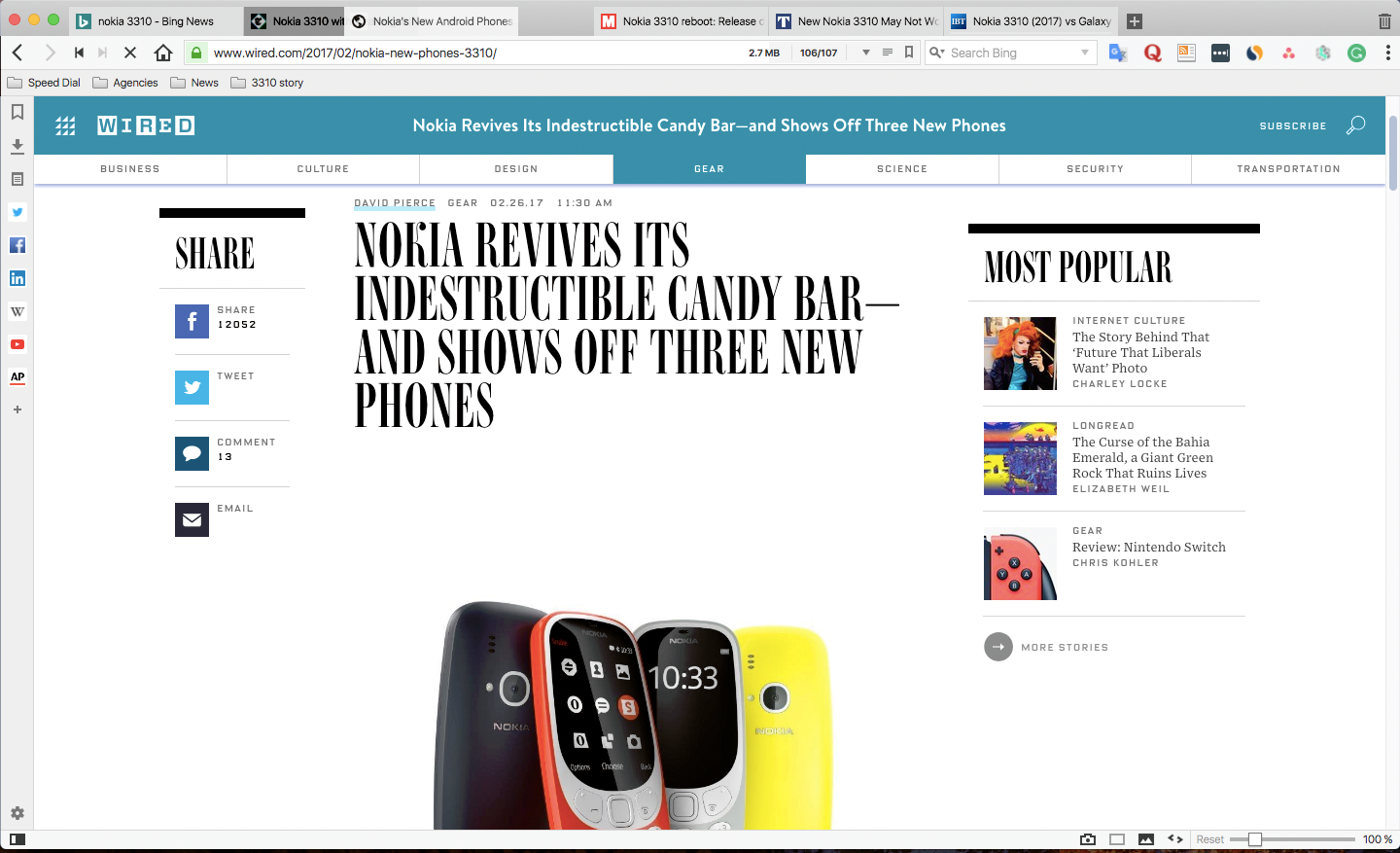

But it’s worth noting that extensions can introduce new problems.įor example, ad-blocking extensions can see everything displayed in your browser. And it’s true that most good ad-blockers will also stop (or at least limit) the reach of third-party cookies and trackers. To avoid switching browsers, many people install ad-blockers and other privacy extensions to their existing browsers. Privacy extensions: helpful, but limited…and risky You’re still tracked in incognito mode, and your Internet Service Provider (ISP) will still have a good idea of what you did online. Checking a hotel for a surprise getaway? Researching a controversial or sensitive topic? Incognito is great for those use cases. To be clear, incognito mode has its place. With incognito, the “privacy” is limited. This means somebody else in your house wouldn’t be able to see what you browse Big Tech certainly still can. Instead, it only hides your browsing history from other users on that particular machine. The truth is, incognito mode doesn’t hide your actions from online third-parties. And most people assume their browsing activity is hidden when they use an incognito tab. Incognito mode: not-so-private browsingĪlmost every browser has a native version of Chrome’s well-known incognito (or “private”) mode. Unfortunately, these both fall short of expectations. Instead of using a truly private browser, many users turn to easy alternatives like their browser’s incognito (or “private”) mode, or by installing privacy extensions. Not surprisingly, the Chrome (Google) and Edge (Microsoft) browsers directly capture information about your browsing and search activity, and “send” that data back to their servers. Most browsers are built by companies that earn huge profits from advertising Google and Microsoft are two prime examples. The second thing to consider is what the browser itself does with your data. These third-party tools allow ad-tech companies to build a profile on you, and “personalize” their ads so they’re more likely to catch your attention. While the content on the page is likely first-party, the ads come from someplace else. “Third-party” simply means a company, a piece of code, or something else that’s not hosted directly on the website you’re viewing.

Specifically, the third-party cookies and trackers that power targeted ads. The first is how well your browser protects you from third-parties. In general, there are two main things to consider when picking a browser.

That makes privacy-first browsers one of the most effective ways of blocking Big Tech’s online surveillance. Most often, you access websites through a web browser (mobile apps being one notable exception). In this article, we’ll answer that question. But there are so many options to choose from… What’s the best private browser? Today, more and more people are turning to private browsers to block this annoying-and invasive-fact of the modern Web. If that makes you uncomfortable, you’re not alone. Ever been browsing the Internet, seen some random ad, then had ads for that same thing follow you to other sites? Of course you have-the Big Tech economy is based on watching and tracking your browsing habits so it can sell highly targeted ad space.


 0 kommentar(er)
0 kommentar(er)
